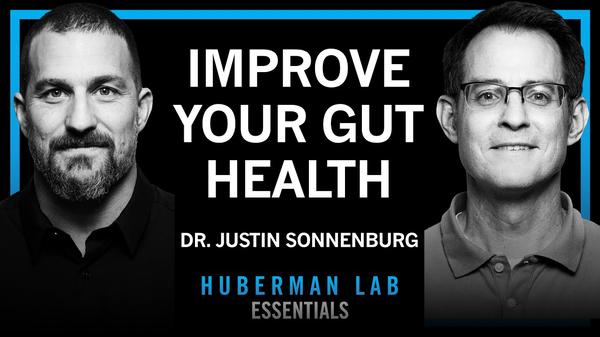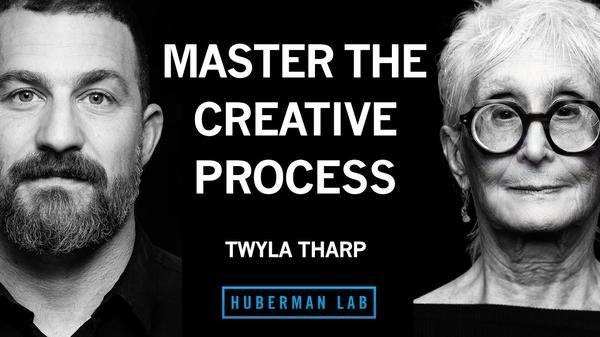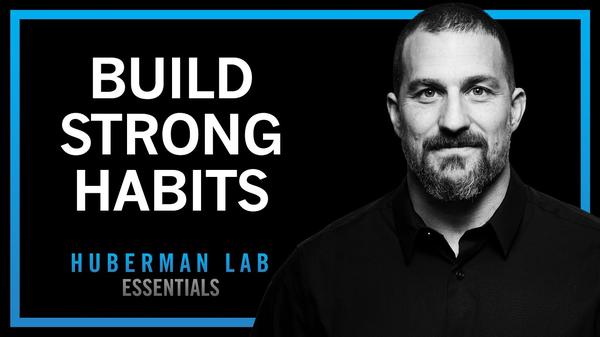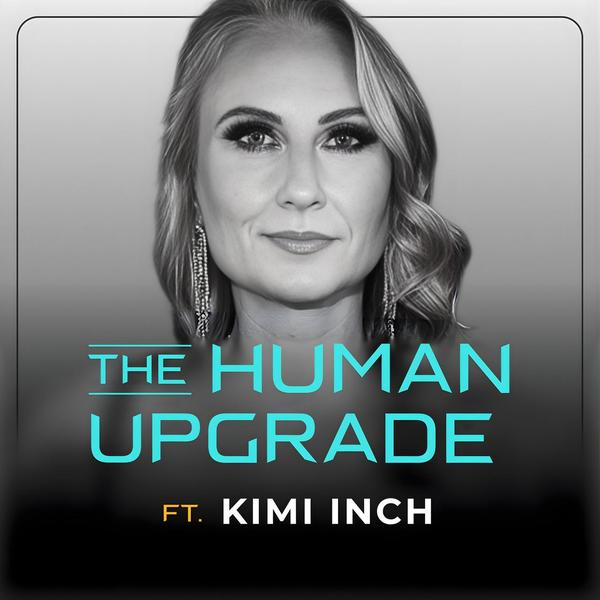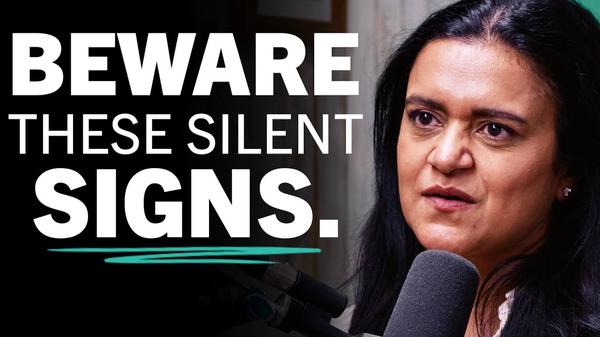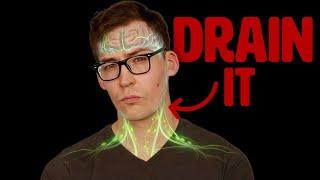
Essentials: Understanding & Treating Addiction | Dr. Anna Lembke
Andrew Huberman
Jun 26, 2025
Mindsip insights from this episode:
Balance pleasure and pain for optimal homeostasis
The same parts of the brain that process pleasure also process pain, and they work like a balance that always tries to restore a neutral state called homeostasis.
Reframe boredom to combat addiction in modern life
Many people with addiction are not inherently flawed but are unsuited for a modern world that is "boring" and lacks the necessary friction their brains require to be happy.
Strengthen brain circuits by practicing truthfulness
The practice of telling the truth may strengthen prefrontal cortical circuits and their connection to the brain's reward pathway, which is crucial for overcoming addiction.
Use social media intentionally to avoid its addictive nature
Social media is not a neutral tool but is engineered to be a drug, meaning we must use it with intention and pre-planned boundaries to avoid being used by it.
Understand dopamine as a baseline for pleasure and pain experience
We are always releasing dopamine at a baseline rate, and it's the deviation from this baseline, rather than isolated hits, that determines our experience of pleasure or pain.
Reset dopamine pathways with a 30-day fast
It takes an average of 30 days of abstinence from a high-dopamine substance or behavior for the brain to reset its reward pathways and regenerate dopamine transmission.
Prepare for initial discomfort during dopamine fast
When starting a dopamine fast, you will likely feel worse for the first two weeks before you start feeling significantly better in weeks three and four.
Recognize severe addiction as an unconscious reflex
In severe addiction, the brain's pleasure-pain balance can be permanently broken, making relapse a reflexive action like scratching an itch in your sleep, not a conscious choice.
Recognize positive triggers to prevent relapse
Triggers for relapse are not only negative events; positive experiences can also be triggers because the associated dopamine release can reactivate the craving cycle.
More from
Andrew Huberman
You also might be interested in
The Hidden Damage That Happens "Behind-The-Scenes" In The Adult Entertainment Industry, With Former Adult Actress Felicity Feline
The Science of Erotic Altered States | Biohacking Sex
Neuroscientist: If You’re Feeling THIS, You’ve Lost Touch With Your True Self
Neuroscientist: If You Feel THIS, You're Living the Wrong Life (Unlock The One You're Meant For)
Drain your Brain, Protect it from Alzheimer’s Disease




